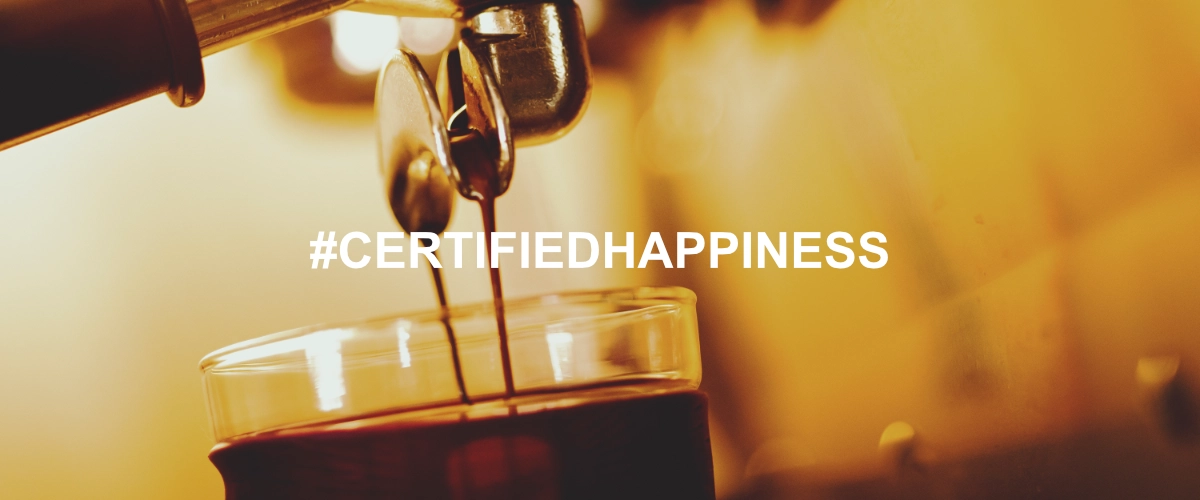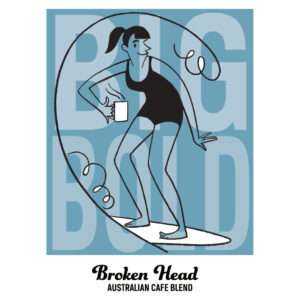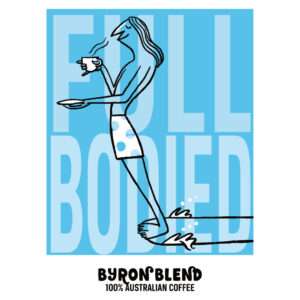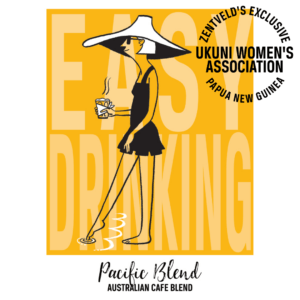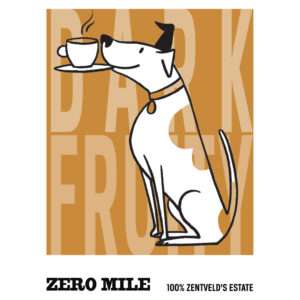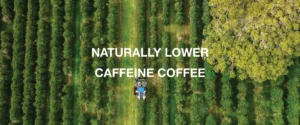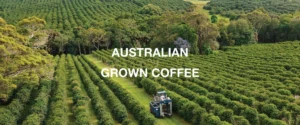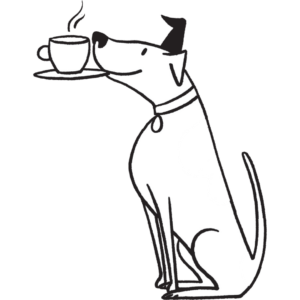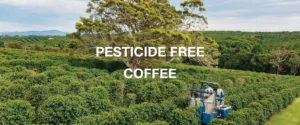
Zentveld's Australian Coffee Beans & Blends
-
Broken Head
$15.00 – $50.00 Select options -
-
-
Zero Mile
$20.00 – $40.00 Select options
About Zentveld's Australian Coffee Farm & Roastery
Zentveld’s Australian Coffee Farm & Roastery is hidden in the Byron Bay hinterland.
We love local coffee. The fertile volcanic soils and the cool subtropical climate brings a natural sweetness and development of flavour to our local coffee crop.
Naturally free of pests and diseases, Australian grown coffee is really quite rare.
Here at Zentveld’s Coffee, we are proud of the regenerative farming efforts and practice real fair trade for our chosen single estate beans. On our plantation we take pride in supporting biodiversity and bee habitat, with our established wildlife and rainforest corridor – looking after the spring fed creek and land we love.
See our website for our latest regenerative, organic practices.
Established in 1993, Zentveld’s Roastery focuses on good taste first. We’ve honed our roasting techniques to bring out the natural sweetness along with complexity and interest across
our range of single origin Australian coffee and global blends.
Using state-of-the-art equipment, every bag of coffee is packaged to be free of air and moisture; locking in the aroma, flavours and complexity of our coffees for lasting freshness
and for your enjoyment – right to the very last drop.
Yours in good taste,
Rebecca and John Zentveld


